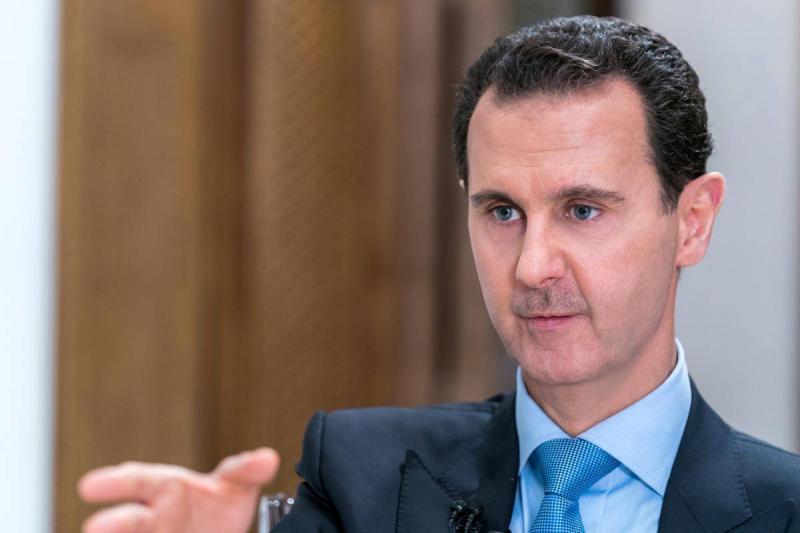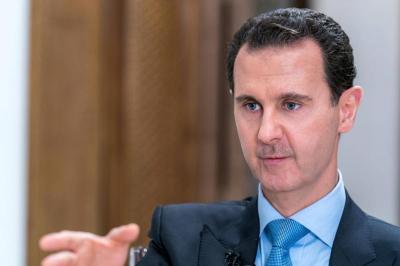Syrian President Bashar al-Assad is expected to steal the spotlight at the Arab Summit held in Saudi Arabia on Friday, after more than a decade of isolation. He will meet with leaders from the region who once supported his adversaries in the war. The return of his government to the Arab fold signifies the end of his country's isolation, which has been a result of the war, especially after most Arab countries distanced themselves from him following his crackdown on protests in 2011 and the subsequent civil war.
While Arab nations seem to be reintegrating Assad, they are also demanding that he curb the flourishing drug trade in Syria and facilitate the return of war refugees. Nonetheless, this development marks a remarkable improvement in the fortunes of the Syrian leader. David Lesch, a professor of Middle Eastern history at Trinity University in Texas, stated, “This is certainly a moment of victory for Bashar al-Assad, as he is once again accepted (back) into the Arab League and the Arab world after being distanced and isolated for more than a decade.”
Assad is not the only contentious issue among Arab nations; the league is divided over several matters, including normalization with Israel, ways to support the Palestinian cause, and the regional roles of Turkey and Iran, as well as where they stand in the polarized global political landscape. Also attending the summit in the Red Sea city of Jeddah are envoys from both sides of the conflict in Sudan, which is expected to dominate discussions. Saudi Arabia has been hosting talks on ceasefire and humanitarian issues in Sudan for weeks.
### Collaborative Efforts
The Kingdom aims to send a message to the international community that Arabs will work together, according to Abdullah Ba Aboud, holder of the Qatar Chair in Islamic Studies and a visiting professor at Waseda University in Tokyo. Ba Aboud stated, “This helps (Riyadh) not only in terms of its status in the Middle East but also beyond regarding dealings with international powers whether they be the United States, Europe, or China.”
The Syrian crisis and other regional conflicts, such as those in Yemen and Libya, present additional challenges for the Arab League, which often finds its role undermined by internal divisions. Arab leaders insist that security is more important than democracy. This year’s summit also takes place at a time when Egypt, Tunisia, and Lebanon are grappling with rising inflation, unemployment, and public discontent. However, Saudi Arabia and the UAE have adopted a new approach to crisis management, emphasizing that the era of unconditional aid or obligations has passed.




